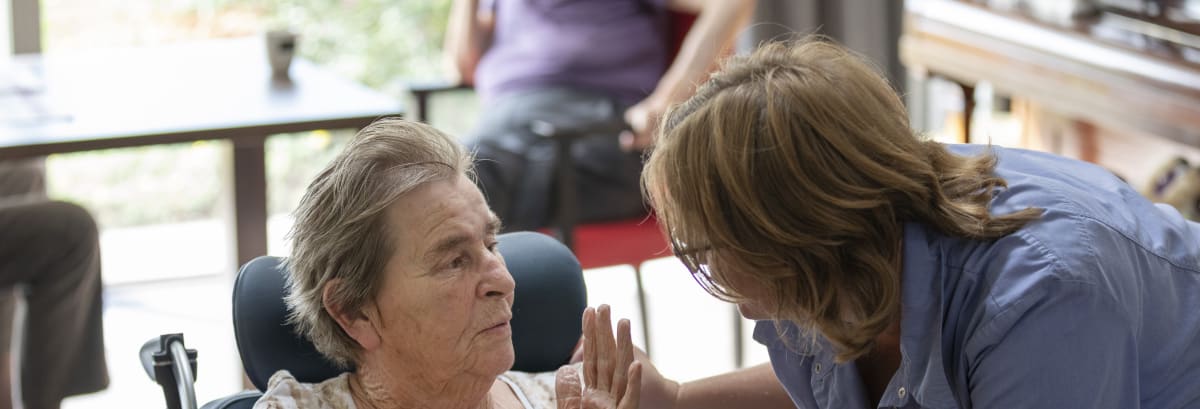Balance generalist and specialist approaches in dementia research and care practice
Published on: 07-02-2024
In dementia research and dementia care practice, there are roughly three academic streams. The specialist stream which focuses on the specific condition; the generalist stream which looks at the whole of the person with dementia and the care and support needed; and a combined stream which looks at a mix of both approaches. According to Professor Robbert Huijsman, it is necessary to have a mixed approach to meet the major societal challenges surrounding dementia care.
Robbert Huijsman, Professor at Erasmus University Rotterdam and Director at care organisation Geriant, interviewed 44 dementia professors from different disciplines and universities in 2018 for his book, “Among Dementia Professors”. Based on those interviews, he recently published an article in the “International Journal of Environmental Research and Public Health”.
Extremes
Huijsman: “I wrote the book when I was still working at Vilans. Particularly in Chapter 4 of my book, the divergent views of the various professors emerge strongly. On the one hand, for example, the biologist from Groningen who only zooms in on a specific mechanism in the brain with Alzheimer’s and how it can be cured; to the other extreme of the social scientist from Amsterdam who comes up with a social response for people with dementia symptoms. At the time I already had the ambition to go further based on these insights, in addition to several meetings and conversations I had about this with fellow professors and then (Netherlands) Minister of Health Welfare and Sport, Hugo de Jonge. But ultimately it didn’t materialise at the time because everyone, including us at Geriant, had to give all hands on deck for the corona pandemic.’
Approach
As the number one contributor to disability, mortality and healthcare costs worldwide, the approach to dementia care is immensely important. A mix of specialisation and generalisation is needed, says Huijsman.’
At Geriant, we have a 66-year-old Dementia Case Manager who is able to estimate, when visiting people, whether someone will need crisis care within three months. That gives us time to put everything in place to prevent crisis care. This is obviously better for everyone. This employee is both a generalist and a specialist in the field of dementia. I wish all organisations in care and welfare had such employees.
Both worlds
Through combinations and co-design of approaches, we will eventually get furthest, says Huijsman. ‘I know a professor who knows how to make the connection between environmental pollution and the prevalence of dementia. And a psychiatrist who has obtained interesting insights involving the use of shock therapy to regenerate the hippocampus, the memory centre of the brain.
When we combine specialist insights with generalist approaches in interdisciplinary research and care practice, we will be well on our way to understanding the origins and impact of dementia, with proper prevention, care and possibly curing certain forms of dementia.’






